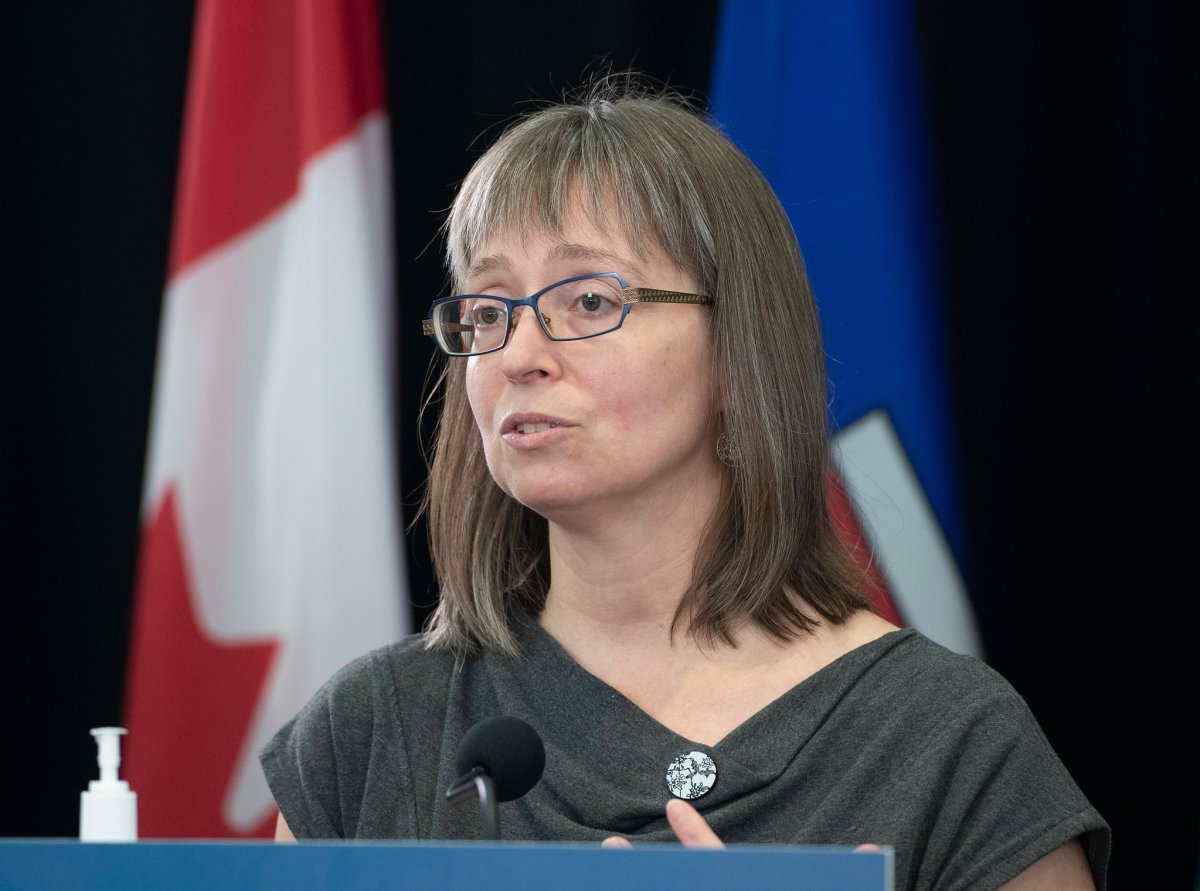The justice presiding over a wrongful dismissal lawsuit brought by Alberta’s former chief medical examiner wrestled with the trial’s future Monday, after a letter from the province’s former justice minister threw a wrench in proceedings.

© Provided by Edmonton Journal
Madeline Smith - Monday
Dr. Anny Sauvageau’s testimony abruptly stopped Friday when her lawyer Allan Garber said he’d received a letter from a lawyer for Jonathan Denis, referencing an Edmonton Journal/Sun article detailing her testimony in court, and threatening to sue her for defamation.
Part of the letter from lawyer Kyle Shewchuk reads, “We have been watching Dr. Sauvageau’s current trial and are aware that … Dr. Sauvageau’s defamation of Mr. Denis has continued unabated.”
'Please the minister': Former Alberta medical examiner tells court about tense, tearful meeting
The letter also points to a 2016 report by the Alberta public interest commissioner, which Shewchuk said deemed Sauvageau’s complaints of political interference to be “without merit.”
This week, Garber said he had serious questions about why the letter was sent, considering statements in judicial proceedings are shielded from defamation suits.
“The most chilling thing, m’lady, is that I was told in this letter to advise my client to, quote, ‘govern herself accordingly,’ ” Garber told Justice Doreen Sulyma.
“That statement, m’lady is, to be quite honest and frank, disturbing. Was I to tell her to be careful about what she said in this trial?”
Garber added another witness he intends to call now no longer wants to testify because of the episode.
Sauvageau, who served as Alberta’s chief medical examiner from 2011 to 2014, is suing the provincial government for $7.5 million, claiming the province declined to renew her contract because she fought political interference in her office. Last week, Sauvageau testified that an assistant deputy minister in the ministry of justice told her that her office was not independent of government and that Sauvageau’s job was to make the minister “look good.”
Denis was justice minister under the former Progressive Conservative government. He was previously named as a defendant in the lawsuit, but the action against him was discontinued, and the Alberta government is currently the only defendant.
Sauvageau’s allegations have not been proven in court.
Lawyer Brendan Miller represented Denis in court Monday. He submitted that the letter’s intent was not to target Sauvageau’s testimony. Instead, he said there were concerns that she was making statements to the media outside court.
In an affidavit, Sauvageau denies speaking directly to media. She also said the letter has made her feel “bullied and intimidated,” and fearful to continue with the trial. She still hasn’t finished giving testimony, and it will be followed by cross-examination.
Miller acknowledged the letter had “bad timing” for the trial, but argued it was being misinterpreted.
“It has always been Mr. Denis’s intent simply to protect himself from things said outside this court. It was never intended to try to limit testimony before this court,” he said.
But Sulyma expressed concern about what she called “troubling language” in the letter, and questioned why, if the issue was perceived contact with the media, that isn’t specified.
Adding that the letter’s timing is “disastrous, almost,” she said she wants to assure both parties in the lawsuit that the trial can continue fairly, short of a mistrial.
The trial is now scheduled to continue Wednesday morning, but first, Sulyma will make a decision on whether to cite Denis for contempt of court.
Miller said Denis “wishes to apologize to the court for the situation and assumes full responsibility for the misunderstanding arising from the letter.”
Shewchuk, who sent the letter on Denis’s behalf, also apologized, saying it has been a “learning experience” as a new lawyer.
— With files from Jonny Wakefield














